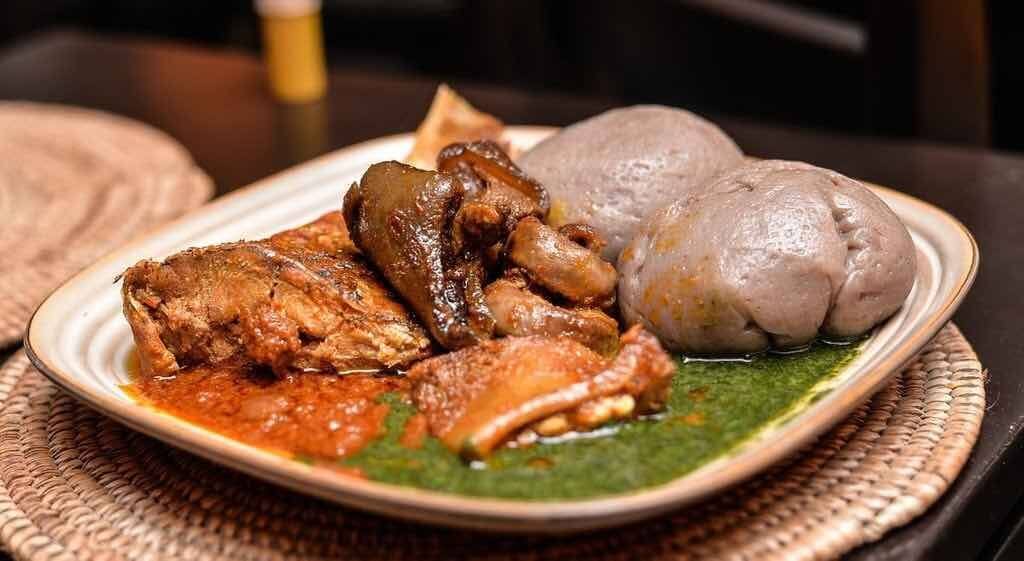News
Foods You Are Allowed To Eat During Ramadan: Suhoor and Iftar Essentials

During Ramadan, the Islamic holy month of fasting, Muslims worldwide abstain from eating, drinking, smoking, and sinful behavior from dawn until sunset. This period is marked by spiritual reflection, self-improvement, and heightened devotion. The meals consumed before dawn (suhoor) and after sunset (iftar) are vital for maintaining energy levels and nourishment throughout the month.
EKO HOT BLOG has made a comprehensive overview of the foods encouraged and traditionally consumed during Ramadan:
EDITOR’S PICKS
- BREAKING: Bandits Attack Sokoto, Kidnap Several Tsangaya Students
- Katsina Children Take To The Street, Protest Over Abductions, Killings
- Bandits Using Abducted Kaduna Pupils, Teachers As Human Shields
Suhoor: The Pre-Dawn Meal
Suhoor is the meal consumed before the fast begins at dawn. It’s crucial for this meal to be wholesome and filling to sustain energy levels throughout the day.
– Complex Carbohydrates: Whole grains, oats, and whole wheat bread release energy slowly throughout the day, helping to maintain blood sugar levels and satiety.
– Proteins: Eggs, cheese, yogurt, and legumes are rich in protein, aiding in muscle strength and hunger suppression.
– Fruits and Vegetables: Bananas, apples, berries, cucumbers, and leafy greens are high in fiber, preventing dehydration and providing essential vitamins and minerals.
– Nuts and Seeds: Almonds, walnuts, chia seeds, and flaxseeds offer healthy fats, protein, and energy.
– Hydration: Drinking ample water during suhoor is essential to prevent dehydration throughout the day, while avoiding caffeinated beverages to reduce thirst.
Iftar: The Meal After Sunset
Iftar breaks the fast after sunset, traditionally starting with dates and water, following the practice of Prophet Muhammad, before proceeding to a larger meal.

Suhoor: The Pre-Dawn Meal
– Dates and Water: Dates provide natural sugars, fiber, minerals, and vitamins, while water aids in rehydration.
– Soups and Broths: Lentil soup or chicken broth are gentle on the stomach after fasting, helping to rehydrate the body.
– Lean Proteins: Grilled or baked fish, chicken, and lean meats provide essential nutrients for replenishment.
– Whole Grains and Complex Carbohydrates: Brown rice, quinoa, barley, and whole wheat pasta offer energy and replenish stores.
– Vegetables: Salads, grilled, or cooked vegetables supply fibers, vitamins, and minerals.
– Fruits: Fresh fruits provide hydration and essential nutrients.
– Healthy Fats: Avocados, olive oil, and similar sources of healthy fats aid heart health and sustain energy.
Foods to Avoid
To make fasting beneficial and avoid discomfort, it’s advisable to limit:
– Highly Processed and Sugary Foods: These can cause energy spikes and crashes, making fasting more challenging.
– Deep-Fried Foods: Heavy on the stomach and may cause indigestion.
– Excessive Caffeine: Can lead to dehydration and disrupt sleep patterns.
FURTHER READING
- NSEMA Disburses N70m To Niger Farmers
- Court Slams N500,000 Fine Against Islamic Educational Organisation In Bauchi
- Pay Members N901m Debt, Petrol Marketers Begs Soludo
Alternatives for Better Health
– Substitute sugary snacks with fresh fruits.
– Opt for grilled or baked foods instead of deep-fried items.
– Replace caffeinated beverages with herbal teas or water infused with fruits for hydration.
Advertise or Publish a Story on EkoHot Blog:
Kindly contact us at [email protected]. Breaking stories should be sent to the above email and substantiated with pictorial evidence.
Citizen journalists will receive a token as data incentive.
Call or Whatsapp: 0803 561 7233, 0703 414 5611













